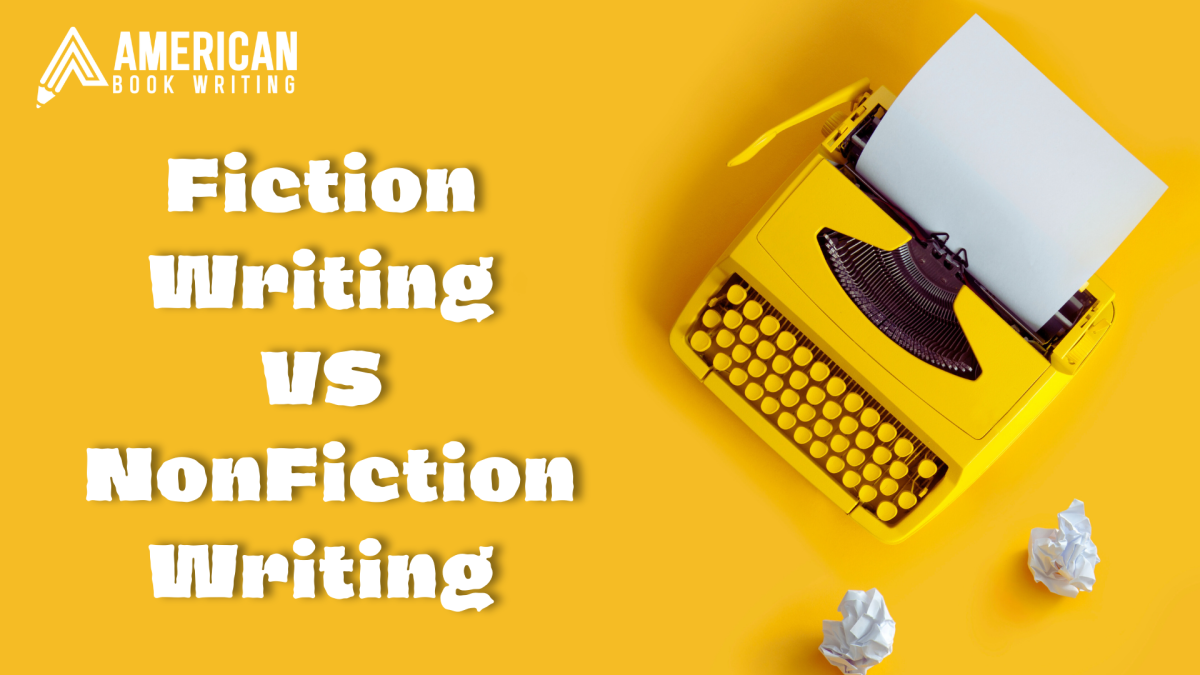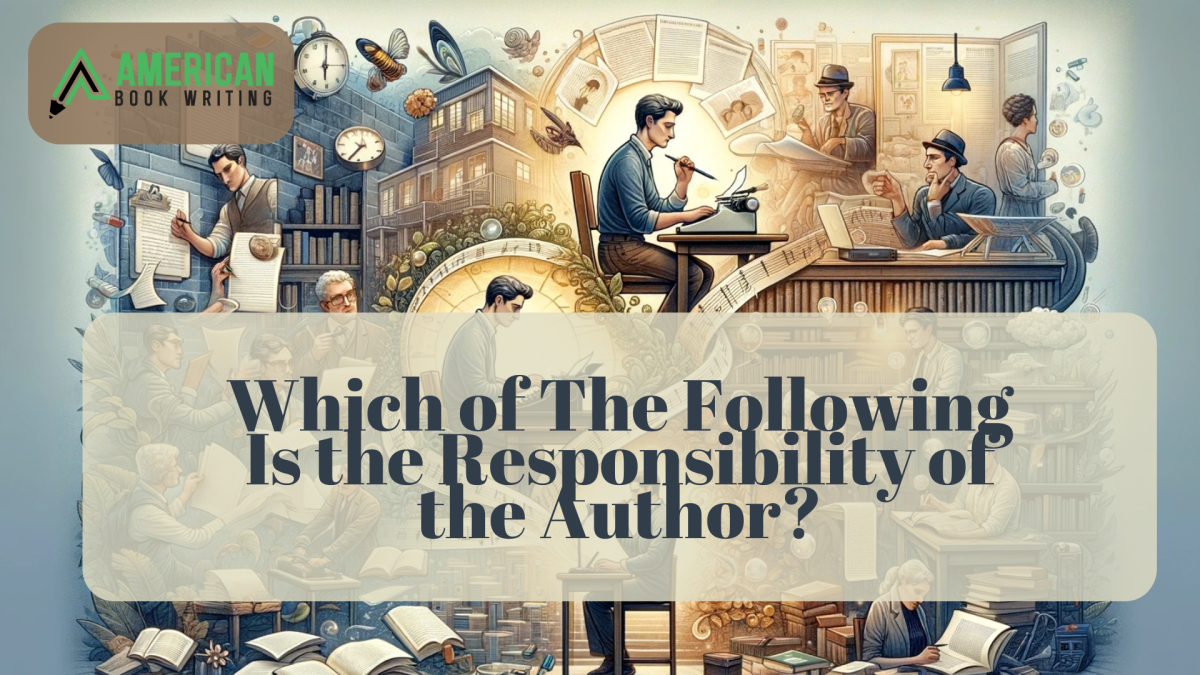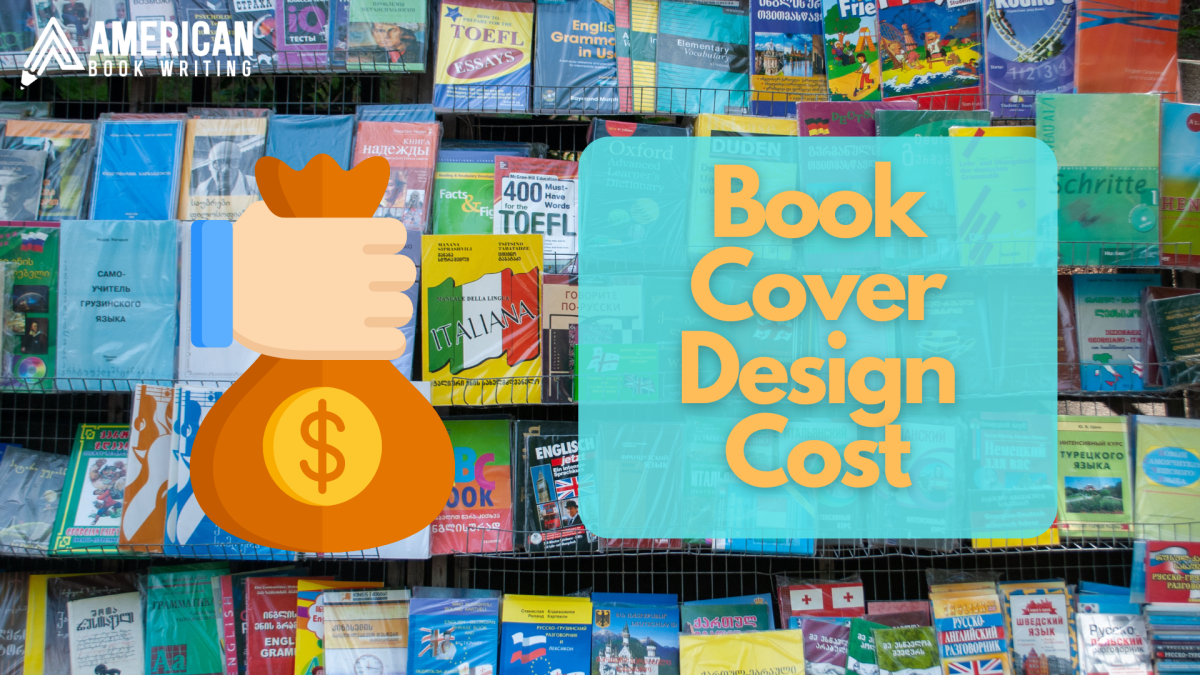Fiction Writing
Press The Play Button On The Audio To Listen Complete Article!
Writing is a powerful way to express ideas, stories, and information. There are two main types of fiction and nonfiction writing.
Fiction is like a magical world where stories are created from the author’s imagination. It includes things that didn’t happen but are crafted to entertain, like talking animals or adventures in outer space.
On the other hand, nonfiction is all about real stuff – facts, true stories, and information. Nonfiction tells us about real events, people, and places, helping us learn more about our world.
Importance of Distinguishing Between the Two:
Knowing the difference between fiction and nonfiction book publishing is crucial. It’s like having a map to navigate through a literary landscape. Fiction takes us on imaginative journeys, while nonfiction provides facts and truths.
Being able to tell them apart helps us choose what we want to read based on our interests and needs. Imagine learning about dinosaurs from a made-up story – it just wouldn’t work! So, let’s dive into the distinctions and unravel the exciting worlds of fiction and nonfiction writing.
Understanding Fiction Writing
Understanding fiction writing is like stepping into a world of make-believe and adventure. In creative writing prompts, writers create imaginary places, characters, and stories that spark our imagination. It’s all about using creativity to tell exciting tales that can make us feel emotions, from joy to suspense.
Characteristics of Fiction Writing
1- Imaginary Worlds and Characters:
Fiction is like a magic show with imaginary worlds and made-up friends. Instead of real stuff, it’s a playground for our dreams and ideas.
2- Creative Storytelling:
Fiction is all about telling stories that never happened. Writers use creativity to weave tales that make us laugh, cry, or jump excitedly.
3- Role of Imagination and Creativity:
Imagination is the hero in fiction writing. Authors use their creative powers to build worlds, imagine characters, and bring their stories to life.
Genres in Fiction
1- Fantasy:
Fantasy is like a fairy tale where anything can happen. Dragons, wizards, and magical lands make fantasy a world of endless possibilities.
2- Science Fiction:
Science fiction is like a journey to the future. It explores cool gadgets, space adventures, and scientific wonders that might come true someday.
3- Mystery and Thriller:
Mysteries are like puzzles waiting to be solved, and thrillers keep us on the edge of our seats with suspense and excitement.
4- Romance:
Romance is like a love story that makes our hearts skip a beat. It’s all about the sweet moments, heartaches, and the magic of falling in love.
5- Historical Fiction:
Historical fiction is like a time machine. It takes us back to the past, introducing us to characters living in different eras with exciting stories to tell.
Elements of Compelling Fiction
1- Plot Development:
The plot is the roadmap of a story. It’s the series of events that take us on a journey – the twists, turns, and surprises that keep us hooked.
Characters are like friends in fiction. Authors give them personalities, feelings, and stories, making us care about what happens to them.
2- Setting:
The setting is like the background of a play. It’s where the story unfolds – whether in a magical kingdom, a bustling city, or a quiet village.
3- Narrative Style:
How the story is told matters, whether first-person (like talking about yourself) or third-person (like telling someone else’s story), the narrative style shapes how we experience the tale.
Overview of Nonfiction Writing
As fiction and nonfiction writing are two different types of writing, understanding the difference between these two is the most important step. Nonfiction writing is like a real-life adventure filled with facts and information.
It’s not about make-believe; it’s about sharing what truly happened in the world. From news articles that keep us updated on current events to memoirs that tell real-life stories, nonfiction aims to inform and enlighten us.
Characteristics of Nonfiction Writing
1- Real-world Events and Information:
Nonfiction is like a treasure trove of real stuff. It talks about things that happened – events, people, and information from the world around us.
2- Factual Accuracy:
It is all about getting the facts right. It’s not about make-believe; it’s about telling the truth and sharing accurate information.
3- Purposeful and Informative:
Nonfiction has a job – it informs. Whether news, a biography, or an essay, nonfiction writing serves a purpose: to give us knowledge and insight into the real world.
Types of Nonfiction Writing
1- Journalism:
Journalism is like a reporter telling us what’s happening right now. It covers news and events, keeping us informed about the world.
2- Memoirs and Biographies:
Memoirs and biographies are like real-life stories. They tell us about people’s challenges, triumphs, and experiences.
3- Essays:
Essays are like sharing thoughts with a friend. They explore ideas, opinions, and perspectives on various topics, helping us understand different viewpoints.
4- Technical Writing:
Technical writing is like giving clear instructions. It explains complex ideas, making things like manuals or guides easy to understand.
Elements of Effective Nonfiction
1- Research and Fact-checking:
Nonfiction is built on research. Authors dig deep to gather accurate information, and fact-checking ensures their share is true.
2- Clarity and Conciseness:
Nonfiction doesn’t beat around the bush. It gets straight to the point, using clear and concise language to ensure we understand the message.
3- Author’s Voice:
Every nonfiction writer has a unique voice. Their signature style adds a personal touch to the writing, making it engaging and relatable.
Quick Tips- Overcoming Writer’s Block
Writer’s block, that frustrating feeling when the words just won’t come, is something many writers face. Here are some strategies for fiction and nonfiction writing to help you break through the block and get back to the joy of writing:
- Freewriting: Set a timer and write whatever comes to mind without worrying about structure or perfection. This can help unclog your creativity and get the words flowing.
- Break it Down: Instead of staring at a blank page, break your writing into smaller tasks. Focus on one paragraph, scene, or idea at a time. Small victories add up.
- Mind Mapping: Create a visual representation of your ideas using a mind map. This can help you see connections and generate new thoughts.
- Try a Different Medium: If you’re stuck with writing on a computer, try switching to pen and paper or using a different writing app. The change may shift your perspective.
Conclusion:
The main difference between fiction and nonfiction writing is a big signpost on the reading journey. Knowing this difference is like having a map when we dive into a book. It helps us choose the right stories based on whether we want to dream big with fiction or learn real facts with nonfiction. So, as you explore your reading adventures, enjoy the magic of both worlds!
FAQs
Can any genre become a best bookseller?
The lists are usually categorized by genre, allowing books from diverse categories like fiction, nonfiction, mystery, and romance to achieve bestselling author status.
Can I sell my books directly from my website?
Many authors integrate e-commerce features to sell books directly to readers through their book marketing experts on the website. This provides a convenient option for fans to purchase signed copies or merchandise.
What sets apart the American book writing services from others?
American book writing services provide a range of services, including ghostwriting, editing, proofreading, and manuscript formatting. They cater to authors at various stages of the writing process.




